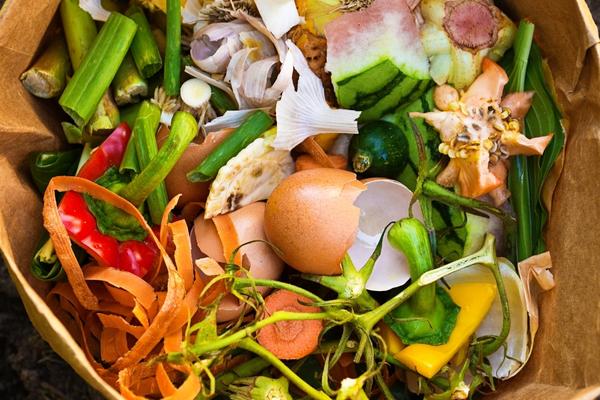How to Reduce Food Waste and Save Money
UK households waste 6.5 million tonnes of food every year, 4.5 million of which is edible at a cost of £14 billion. By being clever with our menu choices for the week, savvy storage ideas and using up leftovers, the average family of four can save £60 a month (or £720 a year) by reducing the amount of food they throw away.
In addition to the benefits to our pockets, 25-30% of global carbon emissions are created by growing and producing food alone so reducing food waste also helps our planet.







